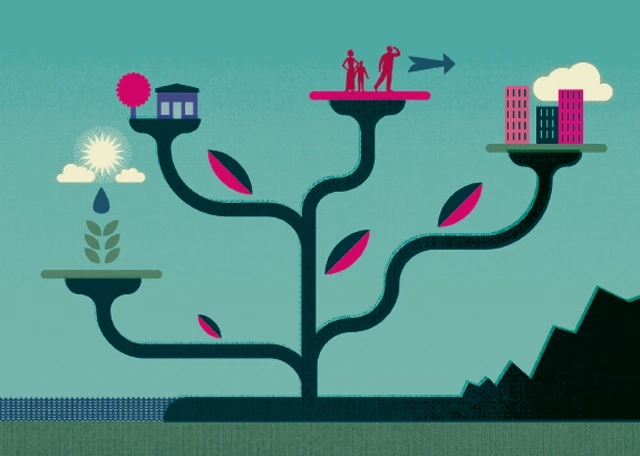Charitable Organizations (NGOs) play an essential role in shaping an economy in different ways. They take numerable actions to develop a more ideal and prosperous society. With the record-breaking population across globes, developing countries face massive challenges to meet the demand of their ever-increasing population.
In alleviating poverty, these organizations play a different role in developing territory social and societal development often barred due to unavailability of resources to meet basic living standards. Here are some other roles how charitable organizations are shaping a better society with a narrative of equality for all:
Education is sometimes more valuable than money.
A lack of cash can often be the root cause of poverty, and more money may not always solve the problem. Education is a necessity and a right to every human being.
Even those possessing plenty of cash, financial literacy, or knowledge on how to spend money wisely may bar them from many benefits. The same idea applies to many individuals in need of aid. Giving them cash may not necessarily improve their life. There are charitable organizations that consider education to be one of the central tenets of its services and focus on financial literacy among students and adults. Apart from sending millions of children to school or asking donators to sponsor a child for school, these organizations teach students to create a budget, save money, and set long-term goals.
Monitoring once the donors leave.
Once helping the needy and providing them monetary or other benefits, charitable organizations or NGOs put their resources into ensuring that money is being spent in an intended way. Homeless shelters monitor clients closely to follow their progress while they are in the shelter and checks them periodically after they have left the shelter. These organizations keep a check about their housing situations, employment, health, and education of children.
Evaluating the impact
Just like businesses calculating profits as a signal of performance, non-profit organizations evaluate their performance. This allows them to measure performance, set meaningful goals and understand mechanisms that allow programs to be effective. Such an analysis-based organization is always in a better position to plan and empower society better by serving those in the streets.
Advocacy while bringing the systemic change
To raise funds successfully, charitable organization communicate their mission and some measure of performance, to its stakeholders. This shows the particular effort to advocate for systemic change for those who are homeless. This is only possible for an established organization that is knowledgeable about homelessness and the underlying causes. A righteous and a knowledgeable person will always focus on having a better society with lesser people facing problems in various dynamics like food, shelter, education, employment etc.
The multiplying effects
You may have come across the term economic multiplier often being used in context to cities or states showing the value of using tax credits or other inducements to attract a business to relocate into any particular region. In contrast, the term is used herein in a very different context. The multipliers demonstrate the multiplicative impact of charitable organizations in a way more similar to economic development incentives. With these multipliers, organizations provide many additional benefits above and beyond what an individual’s direct cash transfer can produce. This way, these organizations also offset the additional overhead costs.
Conclusion:
Giving cash directly to individuals in need certainly can be a better appeal. It involves simplicity in the best way to help people in need and facing certain circumstances. Still, in most cases, it cannot compete with the value added by donating to a reputable and well-run charity organization which can always put it in a better way for the receivers!



